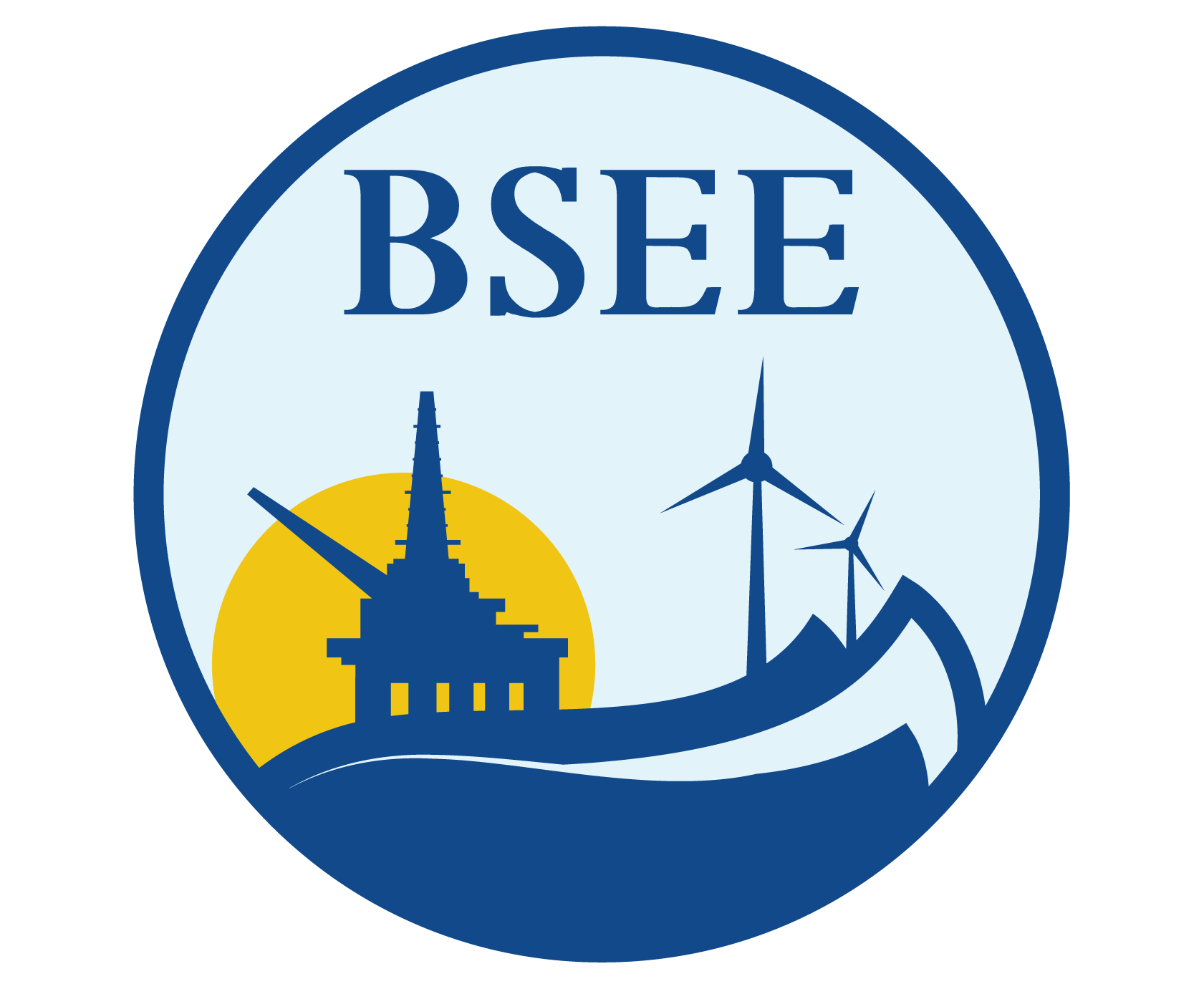Composite Repair Guideline Document for Nonmetallic Repairs for Offshore Applications
The study aims to develop a Composite Repair Guideline Document for Nonmetallic Repairs for Offshore Applications including a state-of-the-art assessment of current repair technology and full-scale testing to support the effort. This study will address performance issues related to both offshore and onshore pipeline-related facilities.
